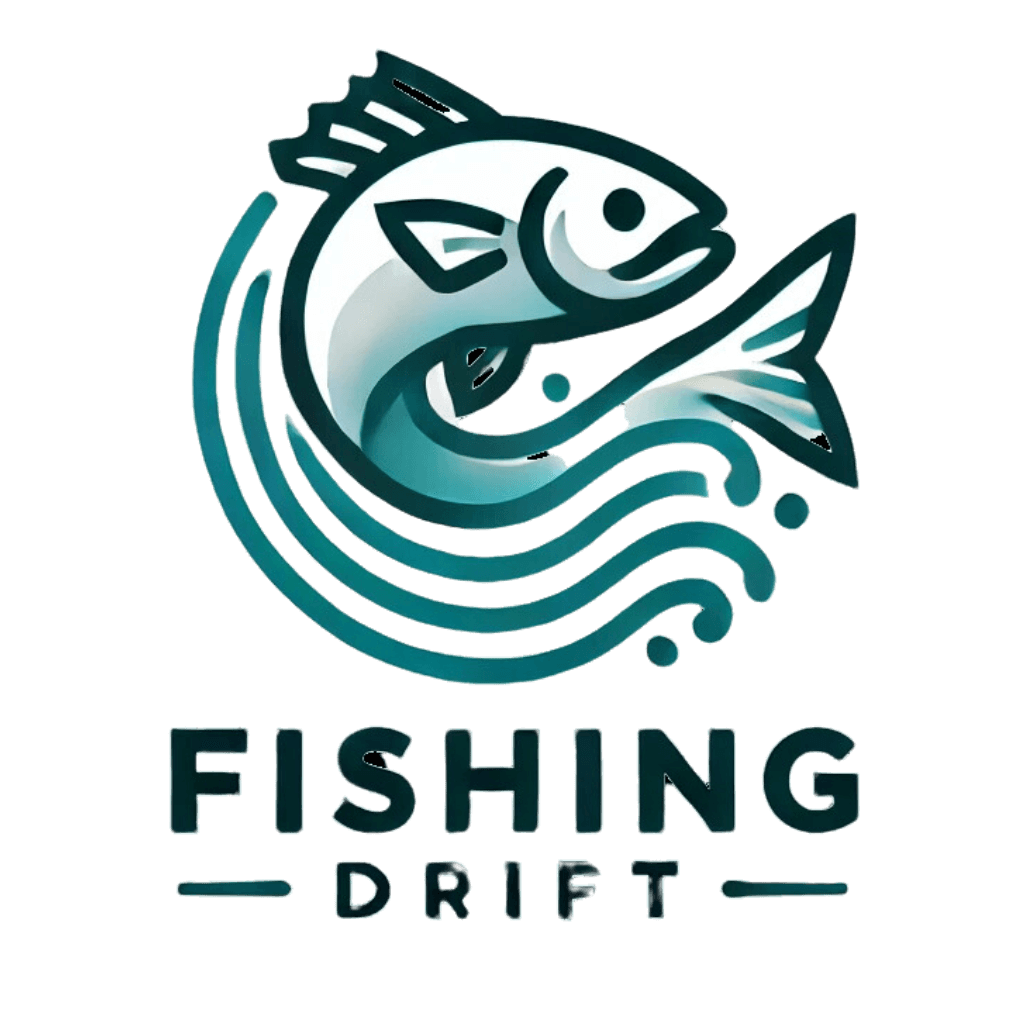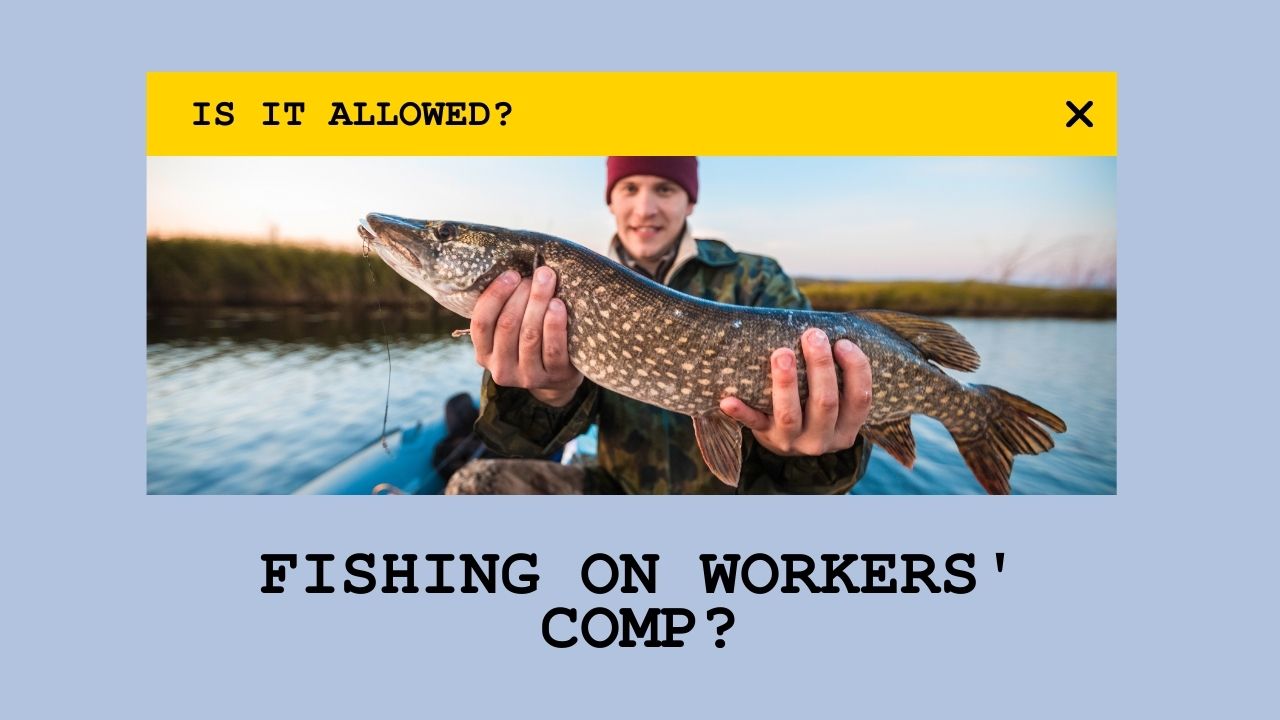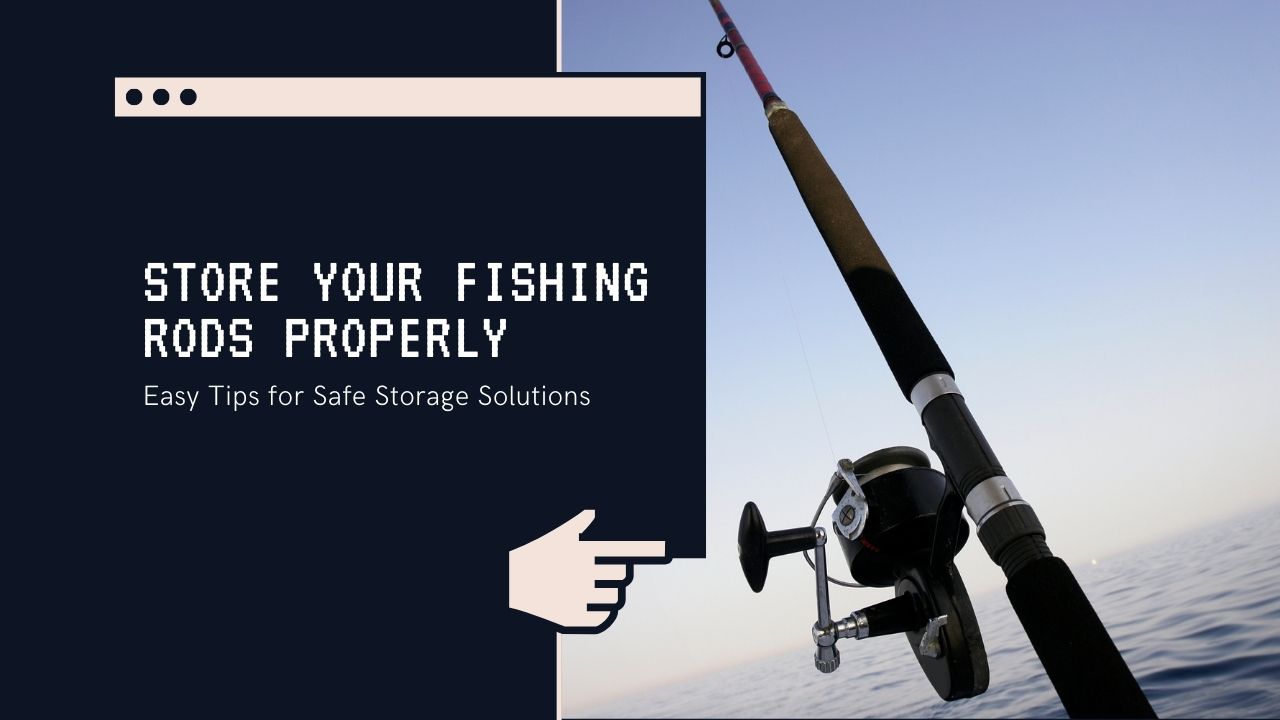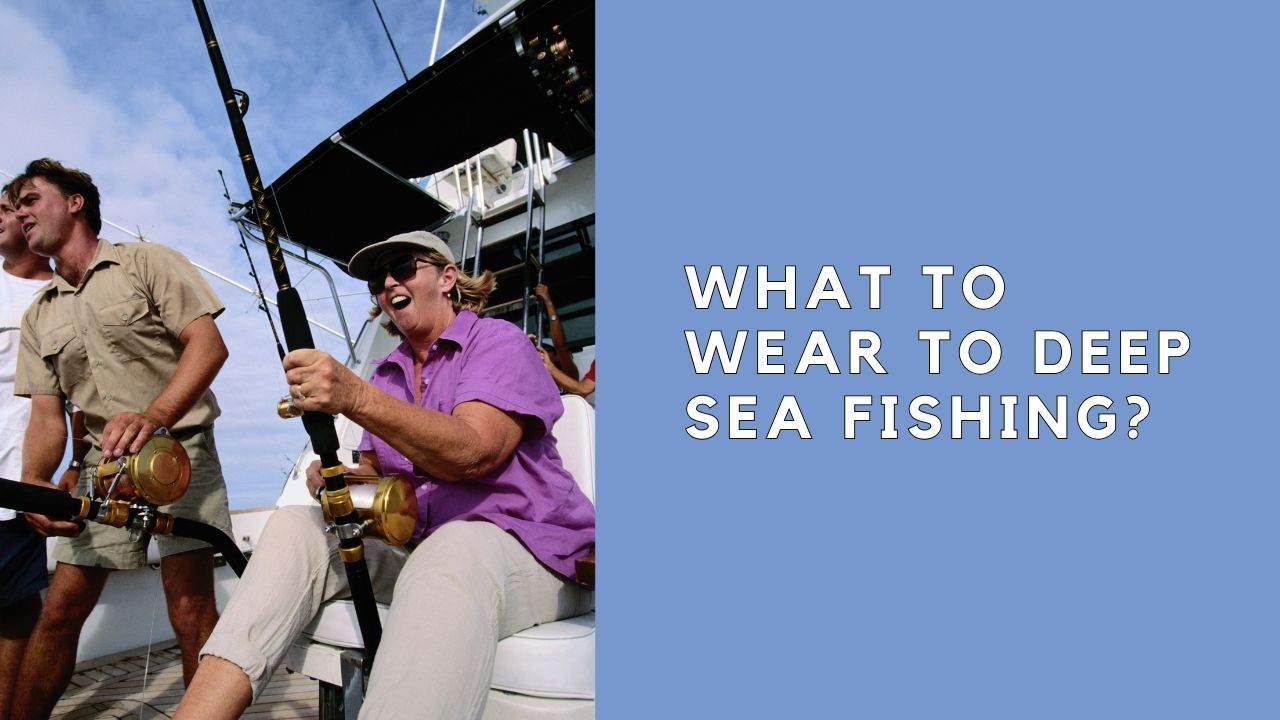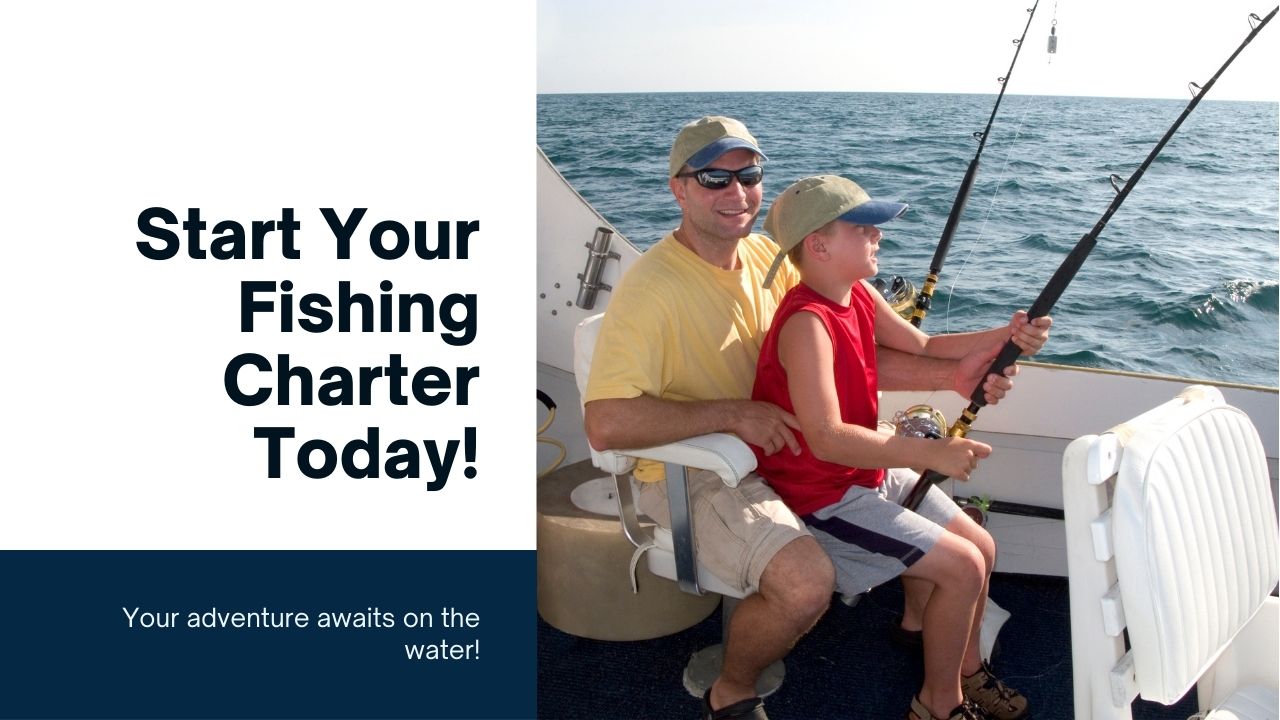Recovering from a work-related injury can be a challenging journey, and many people wonder if they can continue enjoying their hobbies during this period. One common question is: “Can I go fishing while on workers’ comp?” This article explores the ins and outs of engaging in leisure activities, specifically fishing, while receiving workers’ compensation benefits. By understanding the legal, medical, and practical aspects of this situation, you can make an informed decision that supports both your recovery and your well-being.
Understanding Workers’ Compensation
Workers’ compensation is a system designed to provide wage replacement and medical benefits to employees injured on the job. The program exists to help injured workers get the necessary treatment and to facilitate a safe return to work. However, because the benefits are tied to your reported injury and recovery process, your daily activities—especially those that might contradict your injury claims—can affect your benefits.
When you file a claim, you agree to abide by certain conditions, including following your doctor’s advice and refraining from activities that could worsen your condition. Insurance companies may closely monitor your behavior, and engaging in activities that appear too physically demanding might raise questions about the legitimacy or severity of your injury.
Why Recreational Activities Matter During Recovery
Recreational activities such as fishing are more than just hobbies; they are a way to relieve stress and maintain a sense of normalcy. However, when you’re on workers’ comp, even enjoyable activities need to be approached with caution. Here’s why:
- Health and Safety: Your doctor’s recommendations are based on the specific nature of your injury. If your injury affects your mobility, balance, or endurance, even a seemingly low-impact activity like fishing might pose risks.
- Perception of Recovery: Insurance companies and employers look for signs that you are following medical advice. If you are seen engaging in activities that could be interpreted as physically strenuous, it might lead them to question whether your injury is as severe as reported.
- Legal Implications: In some cases, engaging in certain activities could potentially impact your claim. If your activities contradict your stated limitations, it might lead to disputes over the continuation of your benefits.
Medical Considerations
Consulting with Healthcare Providers
The most important step before considering any recreational activity is to consult your healthcare provider. They can assess your injury and advise on whether fishing or similar activities are safe for you. Key points to discuss include:
- Range of Motion: Will fishing require movements that could strain your injured area?
- Physical Demands: How much physical exertion is involved in fishing at your chosen location?
- Recovery Timeline: Does your recovery schedule allow for occasional light activity without risking re-injury?
Following Medical Advice
Even if your doctor gives you the green light, it’s crucial to adhere strictly to their guidelines. This means:
- Avoiding any movements or postures that might trigger pain or discomfort.
- Using proper equipment to support your injured area.
- Not overexerting yourself, even if you feel better on certain days.
Legal and Insurance Perspectives
Understanding Your Claim
When you’re on workers’ comp, your claim is built on the premise that your injury prevents you from engaging in activities that a healthy person might normally perform. If you engage in activities like fishing, the following issues could arise:
- Questioning the Severity: Insurance adjusters may see evidence of physical activity and question whether your injury is as limiting as claimed.
- Impact on Benefits: Any perceived improvement in physical ability might be used as a reason to reduce or terminate your benefits.
- Documentation Requirements: It’s important to document every discussion with your doctor about what activities are safe. Written guidance can protect you if questions arise later.
Transparency with Your Employer and Insurer
Clear communication with your employer and the insurance company is essential. Let them know about your activities and the advice you received from your healthcare provider. This transparency can help avoid misunderstandings and potential legal complications.
- Notify in Writing: If you decide to go fishing, consider sending a brief note to your employer or case manager explaining that you have received medical clearance.
- Keep Records: Maintain copies of medical notes or recommendations that explicitly state what you can and cannot do.
Balancing Recreation and Recovery
Planning Your Fishing Trip
If you decide to go fishing, careful planning is key to ensuring that the trip supports your recovery rather than hindering it. Here are some actionable tips:
- Choose a Suitable Location: Opt for a calm, accessible spot that minimizes the need for excessive walking or carrying heavy equipment.
- Travel with a Companion: Having someone with you can provide both assistance in case of an emergency and moral support.
- Pack Smart: Bring only essential items to keep the trip light and manageable. Avoid heavy tackle or gear that might cause strain.
- Time Management: Plan your outing for a time of day when you feel most energetic and avoid long durations that could lead to fatigue.
Adjusting Your Technique
Consider modifying how you fish to accommodate your injury:
- Use Comfortable Seating: A comfortable, supportive chair or stool can help you avoid unnecessary strain.
- Gentle Casting Techniques: Avoid repetitive, forceful motions. Practice a relaxed, smooth casting motion that doesn’t jolt your body.
- Take Frequent Breaks: Listen to your body and rest as needed. Don’t push yourself beyond your comfort level.
Real-Life Considerations
Personal Experiences
Many individuals on workers’ comp have shared experiences where engaging in light recreational activities helped boost their morale and contributed positively to their recovery process. However, it’s important to note that these experiences vary widely based on the type and severity of the injury. What works for one person might not be advisable for another.
Balancing Risks and Rewards
The decision to go fishing while on workers’ comp often comes down to a balance between the benefits of relaxation and the potential risks of re-injury or complications with your claim. Consider the following:
- Benefits: Recreational activities can improve mental health, reduce stress, and provide a sense of normalcy during the recovery process.
- Risks: Any activity that involves physical movement has the potential to worsen your injury or create doubts about your current physical limitations.
Best Practices and Recommendations
To ensure that your fishing trips do not interfere with your recovery or your workers’ comp claim, consider these best practices:
- Consultation: Always start with a discussion with your healthcare provider.
- Documentation: Keep a detailed record of medical advice and any adjustments made to your activity plan.
- Communication: Inform your employer or case manager about your plans and the medical guidance you received.
- Moderation: Keep your recreational activities moderate. Overdoing any physical activity can be counterproductive.
- Flexibility: Be prepared to adjust your plans based on how you feel. Recovery is a dynamic process, and it’s essential to listen to your body.
Addressing Common Myths
There are several myths and misconceptions about workers’ comp and recreational activities. Let’s address a few:
Myth 1: “If I feel good, I can do anything.”
Reality: Even if you feel well on some days, your injury might still be in the healing process. Temporary good days do not always mean your body is fully recovered.
Myth 2: “A few days of fishing won’t hurt my claim.”
Reality: Even a single incident where your activities contradict your reported limitations can raise questions about your injury. Consistency is key.
Myth 3: “Workers’ comp claims are flexible.”
Reality: While the system is designed to support recovery, it is also strict about adhering to the terms of your claim. Any deviation from prescribed behavior might be scrutinized.
The Role of Insurance Surveillance
Insurance companies sometimes use surveillance to monitor claimants. This practice is intended to ensure that the benefits are being used appropriately and that claimants are not engaging in activities that could undermine their injury claims. Here’s what you need to know:
- What They Look For: Surveillance might capture images or videos of you engaging in activities that seem inconsistent with your reported injury.
- How to Stay Protected: Follow your healthcare provider’s recommendations and maintain documentation to show that your activities are within safe limits.
- Legal Recourse: If you believe you are being unfairly monitored or misrepresented, consult with a legal expert specializing in workers’ comp cases.
Conclusion
Deciding whether to go fishing while on workers’ compensation requires careful consideration of your medical condition, legal obligations, and personal recovery goals. While fishing can offer much-needed relaxation and a break from the stresses of recovery, it is crucial to balance this with the potential risks involved.
Before planning a fishing trip, always consult your healthcare provider to get clear, personalized advice on what activities are safe for you. Communicate openly with your employer and insurer to avoid misunderstandings, and document all medical guidance. With careful planning and moderation, you can enjoy your hobby without jeopardizing your recovery or your benefits.
Remember, your health is the top priority. Engaging in any activity should support your recovery process and not create additional challenges in the long run.
Top 5 References:
https://oatuu.org/what-not-to-do-while-on-workers-comp/
https://www.hg.org/legal-articles/can-i-vacation-while-receiving-workers-compensation-benefits-48653
https://www.betterhealth.vic.gov.au/health/healthyliving/fishing-preventing-injury/
https://www.workerscomplawyerhelp.com/blog/2022/10/what-are-you-allowed-to-do-while-on-workers-comp/
https://www.kjtlawgroup.com/insights/traveling-while-on-workers-compensation-two-things-to-know/
